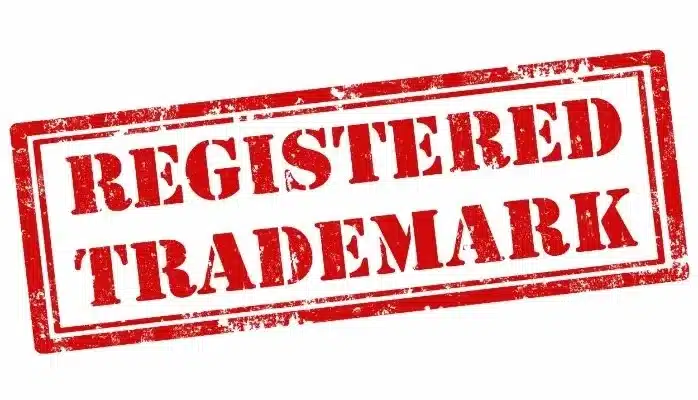About ’Passing off’ under Trademark Rules
- Passing off action basically refers to the unauthorised use of goods, services, and the goodwill attached to another person’s business, which would amount to misrepresentation.
- The notion of Passing off in the Indian Trademarks Act, 1999, seeks to safeguard the goodwill associated with unregistered trademarks.
- When the trademark has been registered by the owner and infringement happens, then it becomes a suit for infringement, but if the trademark has not been registered by the owner and infringement happens, then it becomes a case of passing off.
- Passing off is a common law tort which occurs when a person sells his products as the goods of another, wherein the trademark owner can take legal action to remedy this violation.
- While passing off is not defined under the Indian Trademarks Act 1999, Section 27 recognizes the common law rights of a Trademark owner wherein the owner can initiate legal proceedings against any person for passing off goods or services as the goods of another person or as services provided by another person.
- Passing off occurs when there is illegal use of a trademark or trade name in such a way that the public is misled into believing that the products or services supplied by one party are genuinely those of another.
- This misrepresentation can harm the goodwill and reputation of the legitimate owner of the trademark.
- Establishing passing off can be difficult since claimants must demonstrate the possibility of public misunderstanding about the origin of the products or services.
- The essential question in passing off cases is whether the defendant’s behavior is such that it causes uncertainty and possibly harms the plaintiff’s goodwill.
- Passing off encompasses a larger variety of commercial operations, including trade, business, and non-business initiatives, in addition to commodities and services,
Q1) What is a patent?
A patent is an exclusive right granted for an invention, which is a product or a process that provides, in general, a new way of doing something, or offers a new technical solution to a problem. To get a patent, technical information about the invention must be disclosed to the public in a patent application.
Source: Why Delhi’s Dolma Aunty Momos challenged the use of her trade mark, what the law says
Last updated on July, 2025
→ UPSC Notification 2025 was released on 22nd January 2025.
→ UPSC Prelims Result 2025 is out now for the CSE held on 25 May 2025.
→ UPSC Prelims Question Paper 2025 and Unofficial Prelims Answer Key 2025 are available now.
→ UPSC Calendar 2026 is released on 15th May, 2025.
→ The UPSC Vacancy 2025 were released 1129, out of which 979 were for UPSC CSE and remaining 150 are for UPSC IFoS.
→ UPSC Mains 2025 will be conducted on 22nd August 2025.
→ UPSC Prelims 2026 will be conducted on 24th May, 2026 & UPSC Mains 2026 will be conducted on 21st August 2026.
→ The UPSC Selection Process is of 3 stages-Prelims, Mains and Interview.
→ UPSC Result 2024 is released with latest UPSC Marksheet 2024. Check Now!
→ UPSC Toppers List 2024 is released now. Shakti Dubey is UPSC AIR 1 2024 Topper.
→ Also check Best IAS Coaching in Delhi















